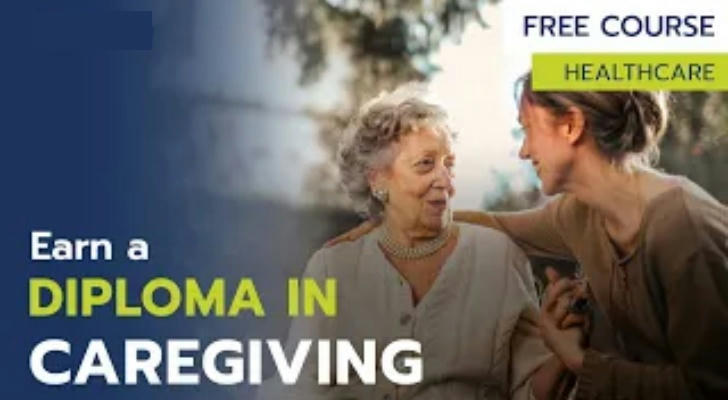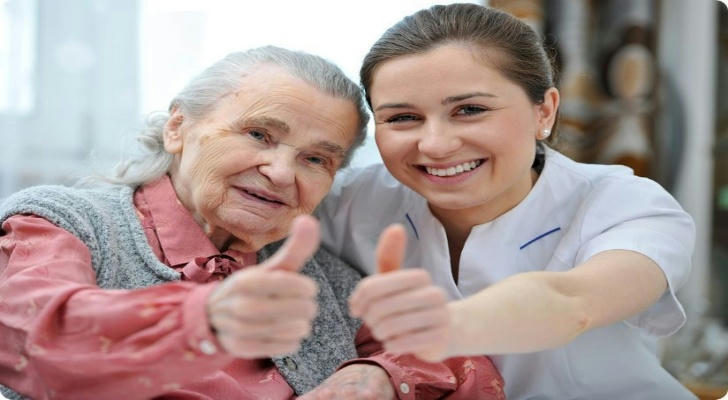Elderly Care Courses: Cultivating Professionals to Enhance the Quality of Life for Seniors
As society continues to age, elderly care has become an increasingly important issue. The health needs, daily care, and emotional support of the elderly are growing, making elderly care a profession with significant development potential. To better meet the needs of the elderly, many educational institutions and training organizations offer specialized elderly care courses. This article will introduce the content, importance, and benefits of elderly care courses, as well as how to provide high-quality care for seniors.

1. The Background and Significance of Elderly Care Courses
With the acceleration of global population aging, the number of elderly people is continuously increasing. According to statistics, the global population aged 60 and above is expected to keep rising in the coming decades, putting higher demands on social services, healthcare systems, and the nursing profession. The establishment of elderly care courses not only meets the demand for professional caregivers but also helps caregivers better understand the specific needs of elderly people and provide professional and attentive services.
The goal of elderly care courses is to cultivate professionals with solid nursing knowledge, professional skills, and good communication abilities through a combination of theoretical learning and practical training. By completing these courses, students can not only learn how to provide basic care for the elderly but also develop the ability to make effective judgments and decisions in complex care environments, thereby enhancing the quality of life for seniors.
2. Main Content of Elderly Care Courses
Elderly care courses typically cover the following areas:
• Geriatric Physiology and Pathology
Students will learn about the physiological changes and common diseases that occur with aging, such as hypertension, diabetes, osteoporosis, arthritis, etc. Understanding these changes helps caregivers provide personalized care plans for the elderly.
• Gerontology Psychology
The course also includes the psychological development and emotional needs of the elderly, how to recognize and address cognitive disorders, depression, loneliness, and other mental health issues. Students will learn how to provide effective communication and emotional support to help elderly individuals maintain a good mental state.

• Nursing Skills and Procedures
Students will learn various nursing skills, including how to assist the elderly in daily activities such as bathing, dressing, eating, etc. Through practice, they will also learn how to properly measure vital health indicators, such as blood pressure and blood sugar, and how to handle emergency situations.
• Ethics and Legal Aspects of Elderly Care
The course covers ethical issues and legal responsibilities in elderly care. Caregivers must follow strict professional ethics and legal regulations, respecting the privacy and dignity of the elderly and ensuring the safety and quality of care services.
• Clinical Internships and Practice
Internships are an essential component of elderly care courses. Students are required to participate in real care settings, such as nursing homes or hospitals, and practice under the guidance of mentors. This part of the course helps students better understand and address the challenges they will face in real-world caregiving.
3. Benefits of Studying Elderly Care Courses
Improved Employment Competitiveness
As the elderly population continues to grow, the demand for elderly care professionals is also increasing. By studying elderly care courses, students can develop strong professional abilities and improve their employability. Many medical institutions, nursing homes, and community care centers require trained caregivers.
Meeting Social Needs
Elderly care is a socially responsible profession. By studying elderly care courses, students can provide comprehensive care to the elderly, helping them enjoy a higher quality of life in their later years and meeting society's demand for highly skilled caregivers.
Personal Career Development
For those who aspire to work in nursing, elderly care courses offer a promising career choice. As the demand for elderly care grows, qualified professionals will be highly valued, with significant opportunities for career development.
Increased Personal Fulfillment and Social Contribution
Elderly care work is not only for earning a living but also for contributing to society. Helping seniors enjoy a healthy and happy life in their later years, knowing that they are cared for with compassion, provides caregivers with a sense of achievement and fulfillment.
4. How to Choose the Right Elderly Care Course

When selecting an elderly care course, students should consider the following factors:
• Course Accreditation and Recognition
Choose courses accredited by national or regional educational institutions to ensure the professionalism of the curriculum and the authority of the certification upon graduation.
• Faculty and Practical Opportunities
Investigate whether the course has experienced instructors with expertise in elderly care and whether it offers sufficient clinical internship opportunities to help students gain practical experience.
• Course Duration and Flexibility
Select a course duration that suits personal circumstances. Some courses offer full-time and part-time options, catering to different students' needs.
• Tuition Fees and Scholarships
Understand the tuition fees and inquire about any scholarships or financial assistance programs available to ease the financial burden.
5. Conclusion
Elderly care courses not only help students acquire professional nursing skills but also cultivate a sense of responsibility and social care. With the aging of society, the elderly care industry will continue to grow, providing better services and protection for seniors. Choosing to study elderly care courses is not only an excellent career opportunity but also a contribution to society, families, and seniors. By providing professional care, caregivers can help elderly individuals lead healthier and happier lives, making it an important mission for every caregiver.
